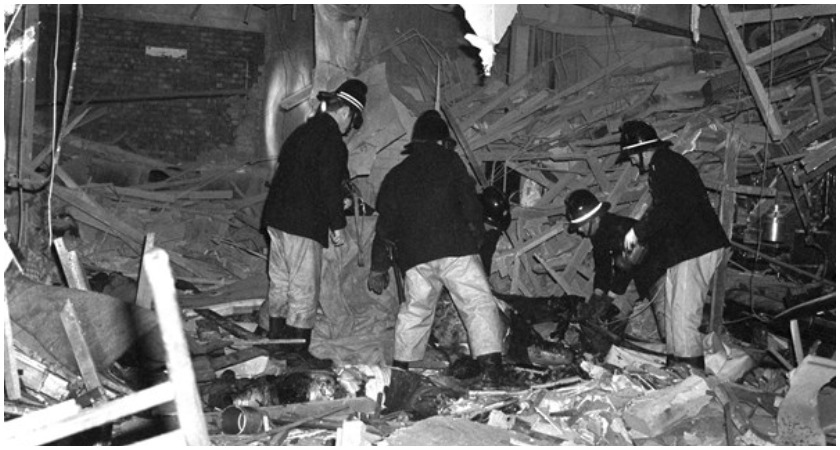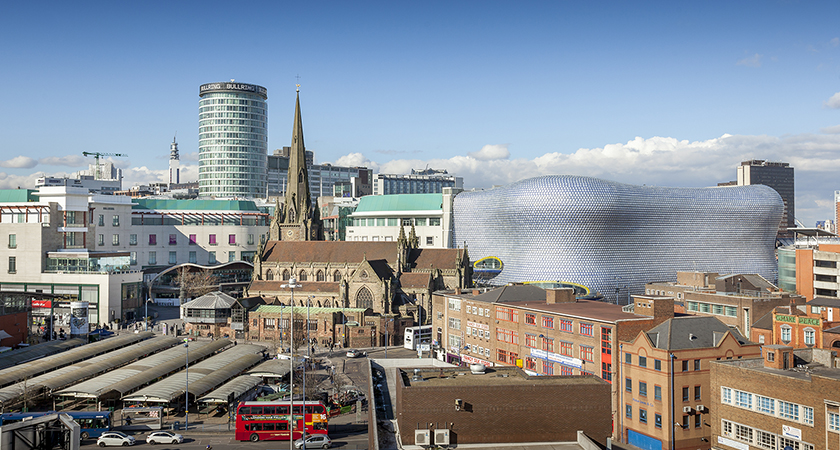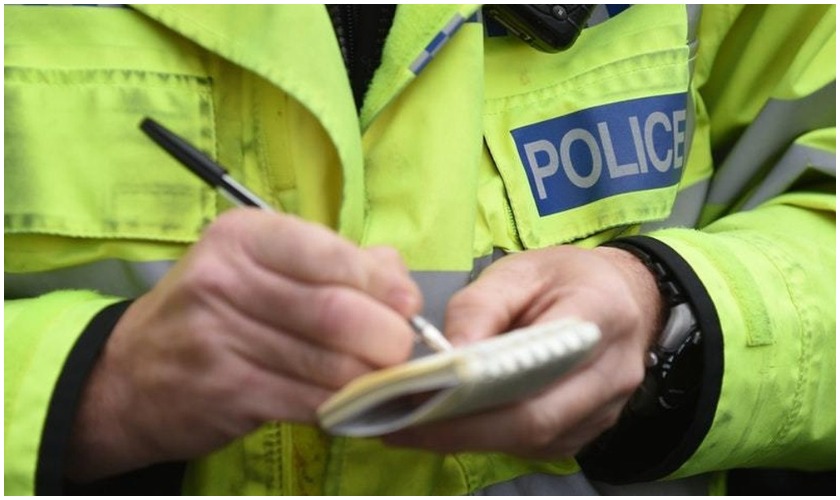THE 21 people who died in the 1974 Birmingham pub bombings were "unlawfully killed" by the IRA after a botched warning call, an inquest jury has concluded.
Two bombs exploded in the Tavern in the Town and the Mulberry Bush pubs in Birmingham city centre on the night of November 21, 1974 – with more than 200 people left injured.
The inquests into the deaths of each victim opened almost six weeks ago and the 11-member jury finally delivered their conclusions today.
Families of those killed have spent decades campaigning for a fresh inquiry into the events surrounding the bombings, after the original inquests were adjourned by the wrongful conviction of the 'Birmingham Six' in 1975.
No one has ever been held to account for the atrocity since the acquittal of the six Irishmen in 1991 – but the Provisional IRA is widely suspected of bearing responsibility.
The jury had retired at lunchtime on Thursday and was tasked with completing a questionnaire, listing their narrative findings to deliver 21 separate verdicts.
They concluded that a botched warning call by the IRA caused or contributed to the death toll, which could have been even greater had a third bomb planted a mile away at Barclays Bank in Hagley Road successfully exploded.
Jurors also concluded that West Midlands Police did not have information prior to the bomb warning call that would have allowed them to take reasonable steps to prevent the loss of life.
They also found that there was insufficient evidence to decide whether the force's response to the bomb warning call contributed to the number of deaths.
There had been a dramatic twists towards the end of the hearing when a former IRA member, identified only as 'Witness O', named four of the men he claimed were involved in the bombings as Seamus McLoughlin, Mick Murray, Michael Hayes and James Francis Gavin.
The man said he had been authorised to share the names by the current head of the IRA in Dublin.
Mick Murray, who died in 1999, is said to have called in the bomb warning at 8.11pm to newspaper telephonist Ian Cropper, giving the code word "Double X".
But jurors heard that the warning had only given the locations as the landmark Rotunda building and the nearby Tax Office in New Street, making no mention of pubs.
Kieran Conway, a former member of the Provisional IRA who acted as its Director of Intelligence in the 1970s, described the victims' deaths as "accidental" in his evidence to the inquests, describing the bombings as an "IRA operation that went badly wrong".
Former British Labour MP Chris Mullin – who led the successful campaign to release the Birmingham Six – was branded a "disgrace" by Julie Hambleton, the sister of one victim, when he refused to name any of the still-living bombers during his evidence.
The hearings had been held as Article 2 inquests, examining whether the British State or its agents failed to adequately protect the victims.
Jurors heard that Birmingham city centre had been "denuded" of police that fateful night as officers were pulled away to bolster security for the funeral procession of IRA bomber James McDade in Coventry.
In their response to the bomb warning call, officers sent to the Rotunda made no attempts to evacuate the Mulberry Bush – located in the base of the building – or set up an area cordon.
It also emerged from the testimony of former officers that police responding to bomb threats were not routinely told if the warnings had been called in using agreed IRA codewords.
The inquests heard evidence of possible forewarnings of the bombings, including a conversation about a forthcoming attack between IRA inmates allegedly overheard in prison, and another in a pub where a customer heard men with Irish accents discussing "bangs".
Witness O also claimed that, while he was in prison, he told detectives a day or after the bombings that Seamus McLoughlin had planned the attacks, but heard nothing more. McLoughlin died in 2014.
Jurors have heard that key evidence is missing or was never collected – the third unexploded bomb has been misplaced and West Midlands Police's force control room call tapes from the night were recorded over.
Only limited written records still exist of the police response on the night, including just three 999 logs – despite witness statements referring to "numerous" calls being made.
According to evidence from the former manager of the Rotunda, CCTV from the building's lobby was never collected or even viewed by police despite possibly catching the bombers on tape.
The pub bombings were the deadliest post-World War Two attack on the British mainland until the 7/7 London terrorist attacks on July 7, 2005.
A botched investigation by West Midlands Police led to the 1975 convictions of the Birmingham Six, but their convictions were quashed by the Court of Appeal in 1991.
Sir Peter Thornton, the coroner, previously read out the names of the victims to a room packed with their loved-ones on the inquests' first day at Birmingham Civil Justice Centre.
After a minute's silence, he explained the hearings would deal with "21 separate people, 21 separate lives lost from two terrible events".
However, he insisted it would not be the purpose of the inquests to investigate the true identity of the bombers, a decision which outraged the bereaved families in their quest for "truth, justice and accountability".
Sir Peter said at the time: "There is no question of seeking to identify the perpetrators of the bombings – that is a task for the criminal investigation by the police and prosecution through the criminal courts."
Speaking after the delivery of today's conclusions, counsel to the families Leslie Thomas QC demanded that West Midlands Police should now redouble their efforts to bring the bombers who are still alive to justice.
Jury verdicts in Birmingham Pub Bombings case just in. 21 murder/unlawful killings. Now what are the West Midlands Police going to do to bring the bombers in to account? I’ve got bereaved clients demanding action right now @KRWLaw @TomStoate @gardencourtlaw
— Leslie Thomas (@_lesliethomas) April 5, 2019




